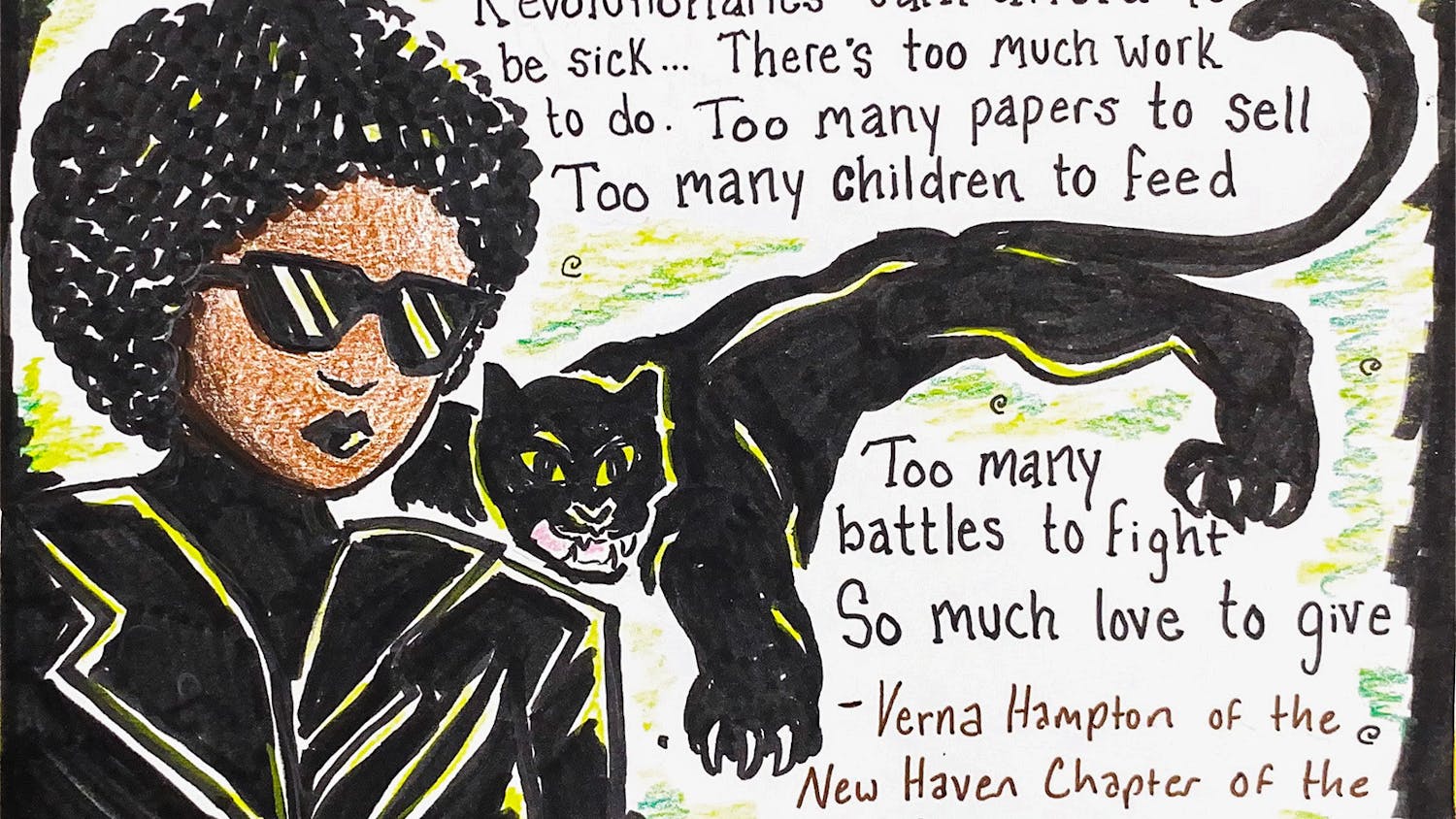Millions of students struggle to find a balance between work and academic success in school, providing a challenge for mental health stability. The coronavirus pandemic has changed the world’s outlook on mental health entirely as people cope in a starkly isolated time.
Margaret White, a case manager at the University of New Mexico’s Student Health and Counseling, said there are two parts to higher education: actually getting accepted and figuring out how to pay for it.
College tuition has increased more than 25% in the last decade, according to CNBC, and White said listening to the students’ voice “has fallen to the side.”
Even students who have a stable job or consistent scholarships to pay for school may run into unforeseen financial emergencies, such as a parent getting sick or a car breaking down, and “suddenly they’re stuck for a semester saying ‘oh my gosh, how am I going to weather this storm?’” White said.
In 2018, 17% of full-time students worked 23-30 hours a week, according to the National Center for Education Statistics. In addition, 47% of part-time students worked a whopping 35 or more hours a week, just five hours shy of a full-time job.
White said having a job doesn’t always have to be stressful and even gives students experience in the workforce that they will use later in the real world, as long as the workload isn’t extreme.
Tanner Stegink, a graduate student in UNM’s music department, said he’s in a unique situation because his graduate assistantship covers his entire tuition. If he hadn’t received an assistantship this year, however, Stegink said he would have transferred to a different university.
“Having that dedicated check every month is amazing. I don’t have to go out and worry about ‘am I going to get enough gigs this month to cover gas?’ (and) that kind of thing,” Stegink said.
In contrast, last year Stegink paid for school through scholarships and a summer job, which put pressure on him to work enough to fully cover his tuition.
Even with the assistantship this year, Stegink said the semester has been difficult due to lack of support systems caused by the social isolation of the pandemic.
A study by Harvard showed that the loss of work friendships increased feelings of anxiety, loneliness and depression. White said physical exhaustion is another factor when considering one’s ability to focus and perform well in school.
“If you worry too much about money, it’s going to distract you to think about your capacity for other things,” White said.
In more extreme cases, students face deeper and prolonged poverty while in school, and “poverty-related concerns consume mental resources, leaving less for other tasks,” according to a Harvard research study.
White emphasized that it’s not about stress so much as an actual cognitive overload on students in poverty, caused by an excessive fixation on finances.
Get content from The Daily Lobo delivered to your inbox
“If you’re really worried about something, can you study for a test? If you’re really worried about paying tuition, is your schoolwork going to be good?” White said.
Food is especially important to an individual’s ability to focus, White said. A balanced and healthy diet contributes to an overall healthy lifestyle, but food insecurity remains a serious issue among college students.
“If you don't have enough money to buy decent food and you’re living on junk, that nutritional disadvantage is going to, at some point, impact your thinking,” White said.
Unemployment assistance is now more available to college students than prior to the pandemic, since the Coronavirus Aid, Relief and Economic Security (CARES) Act was passed with the Pandemic Unemployment Assistance benefit program in March to expand upon the list of people able to qualify for unemployment, according to the Century Foundation.
While some students may qualify for unemployment benefits that ease the financial burdens they face, colleges and universities should do more to help working students. According to an article from The College of St. Scholastica, it’s essential for higher education to make accommodations for working students and provide the support they need.
Stegink said the imbalance of power between graduate students and faculty members is why he supports Grad Workers United, an effort to unionize UNM graduate students in order to receive better benefits for their work.
Stegink specifically mentioned the section of the faculty handbook that encourages informal resolutions to disputes between graduate students and faculty members.
“It’s really hard to come up with a workable solution when there’s someone who can decide whether or not you receive money,” Stegink said, adding that there are no formal avenues to solve a disagreement that could result in loss of financial aid for graduate students at UNM.
White encouraged students to access resources the University offers at mentalhealth.unm.edu, which has recently been updated to adapt to stress the pandemic may have caused.
Megan Gleason is the culture editor at the Daily Lobo. She can be contacted at culture@dailylobo.com or on Twitter @fabflutist2716






